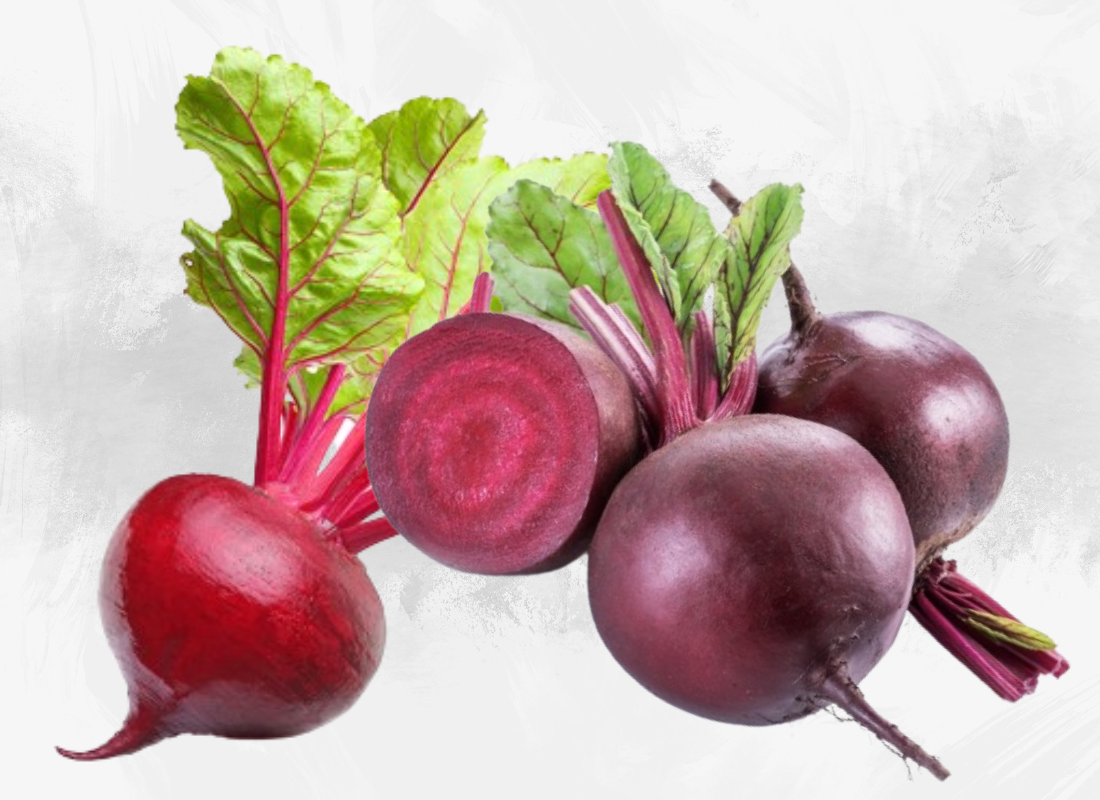Soy Protein is increasingly becoming popular with more people adding the nutrient powerhouse to their diets. It is rich in proteins, vitamins, fiber, and minerals and cholesterol-free benefiting fitness enthusiasts and anyone wishing to promote their well-being.
The power proteins are available in numerous forms, from tofu to soy milk and tempeh. Also, you can buy soy protein powder to increase your protein intake or supplement a work plan. Whether you are on a plant-based diet, have a dairy allergy, or want to diversify your diet, soy protein is an excellent option and fuels your health and fitness in the following ways. You can also read about health news.
1. Substitute Animal Protein
Soy protein is a solid alternative for animal proteins like dairy, beef, eggs, and poultry, offering essential amino acids required in a healthy diet. It is suitable for individuals with lactose intolerance, meat allergies, and those observing plant-based diets. Contrary to the notion that soy proteins are inferior to animal proteins, research proves they are effective protein sources.
Protein sources fall into two categories: complete and incomplete sources. Complete proteins have high levels of amino acids, measured using the digestible indispensable amino acid score (DIAAS), meeting the body’s dietary protein needs. For example, with a DIAAS of 0.91, soy protein is a complete and superior protein source.
2. Blood Sugar Management
Soy proteins are helpful in blood sugar management and essential for people with or at risk of diabetes. The CDC reports that one in ten Americans, or 37.3 million have diabetes, costing the US $327 billion annually. While people can’t change factors like genes that increase vulnerability to diabetes, they can alter their lifestyle and diet to reduce risk.
Several studies show that soy products lower diabetes risk and minimize its effects. They do this by controlling blood sugar, inducing insulin production, and maintaining a healthy weight. An article published in the American Journal of Clinical Nutrition affirms that eating soy protein, tofu, and soy isoflavones prevents type 2 diabetes. So, nutrition is an excellent addition to a diabetic diet.
3. Encourage Muscle Growth
Since soy is a complete protein source, it promotes muscle synthesis, helping maintain muscle mass and increase muscle growth. In fact, research shows that soy protein supports muscle gain and strength in resistance training in the same way animal protein does.
Soy milk and tofu can provide much-needed energy when exercising. When you need energy to keep up with your busy schedule and work out daily, soy protein is a good option. It has nutritional qualities to boost energy levels, stamina, and sports performance. Additionally, soy protein limits exercise-induced inflammation.
4. Anti-cancer Properties

Consumption of soy protein reduces cancer risk and recurrence and improves outcomes. For example, according to Healthline, a high intake of soy proteins reduces prostate cancer risk and cancer recurrence in breast cancer patients.
Soy is rich in antioxidants, fostering cancer cell death. In addition, soy also contains genistein, a phytochemical inhibiting cancer development by denying its cells nourishment. However, eating whole and minimally processed soy is advisable for optimal anti-cancer benefits.
Some people mistakenly believe that soy increases the risk for hormone-related cancers like breast and prostate cancer. Nonetheless, while soy proteins have estrogen -soy isoflavones, it also has anti-estrogenic properties, fighting estrogens and preventing their formation. Subsequently, soy intake does not increase the risk of breast cancer or affect male reproductive hormones.
5. Promotes Heart Health
Did you know that nearly half of American adults -121.5 million people had a type of heart disease in 2019? While many factors contribute to this shocking statistic, taking measures to reduce cardiovascular disease risk is essential.
Soy protein reduces the risk of heart disease by alleviating total cholesterol and triglycerides. High levels of triglycerides, a blood fat, lead to the thickening of arteries and artery walls, increasing chances of heart diseases and heart attacks. Soy proteins lower harmful cholesterol levels and enhance blood flow to the heart, supporting a healthy heart.
6. Weight Loss
Soy proteins can be invaluable in your weight loss journey. With diet playing a vital role in shedding unwanted pounds, soy protein offers a high-protein, low fat and calorie meal. A 2018 University of Colorado survey revealed that soy protein helps in weight loss as much as other protein types. Soy proteins also contain amino acids that serve as energy boosters during weight loss.
7. Ease Menopause Symptoms
Menopause symptoms like chills, hot flashes, and trouble sleeping are annoying and affect women’s quality. However, several clinical studies show that women who eat high amounts of soy proteins report fewer and less intense menopausal symptoms.
As women age, they lose bone density, resulting in unexpected bone fractures and conditions such as osteoporosis. Soy proteins are rich in phytoestrogens, increasing calcium levels in the body and enhancing bone mineral density.
8. Glowing Skin
Soy skin care products are necessary for women desiring vibrant, even-toned, young-looking skin. They improve skin texture, firm aging skin, fight hyperpigmentation, reduce dark spots and discoloration, and protect against sun damage. Also, soy-infused products brighten the skin for glowing and flawless skin.
Conclusion:
Soy Protein is a powerhouse plant-based compound due to its nutrition profile and health-promoting compounds such as isoflavones, saponins, and lecithin. It supports heart health, has anti-cancer properties, enhances muscle growth, and assists in weight loss.
While some people avoid soy proteins because they contain antinutrients and phytoestrogens and may be genetically modified, soy products are safe and nutritious. Whether on your plate or skin, soy protein has numerous amazing benefits for your health and fitness.




